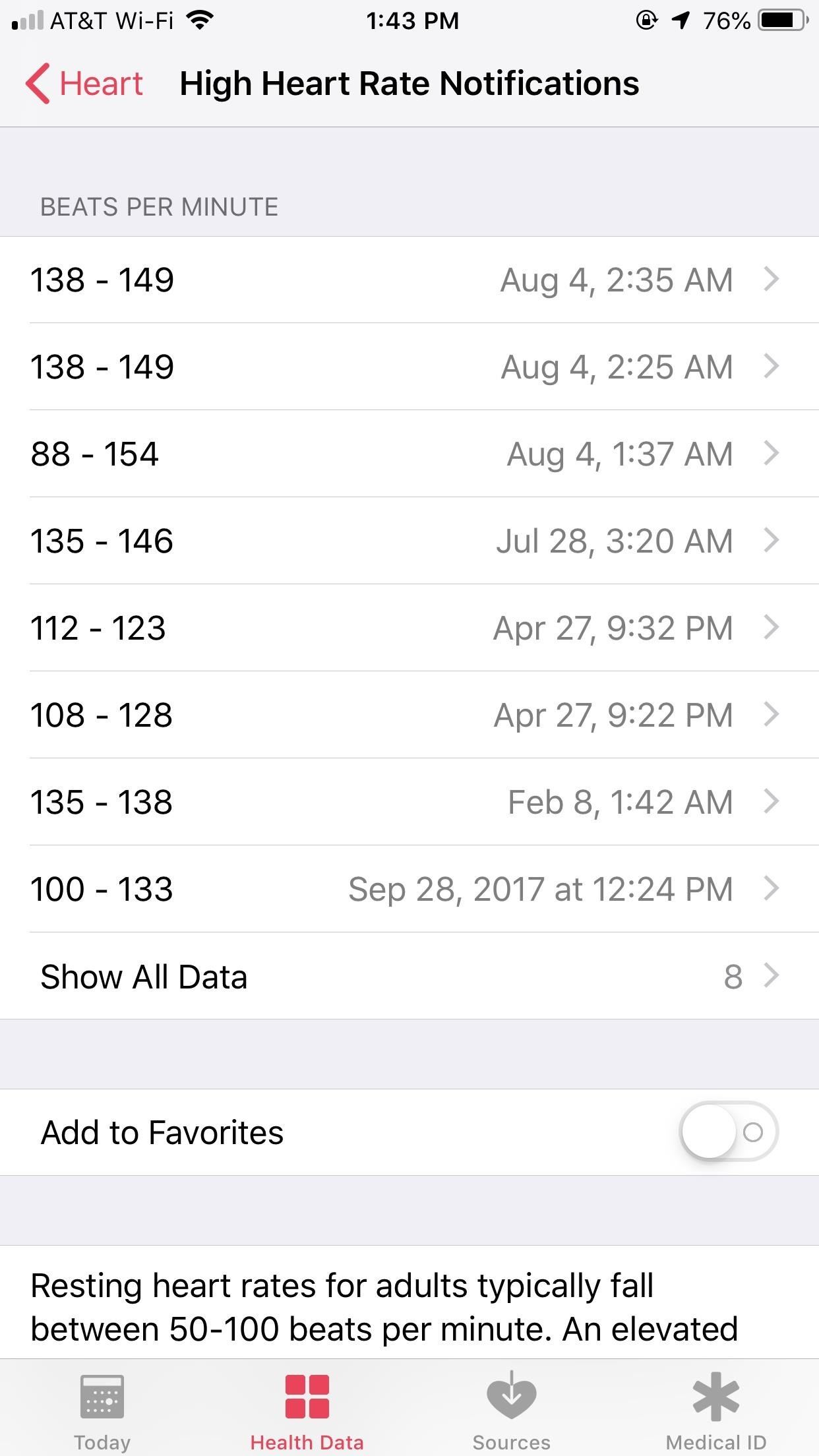A elevated pulse rate is known as tachycardia which may be a normal response to some stimuli or part of some medical conditions. Many factors influence your resting heart rate.
What Should Your Target Heart Rate Be When Working Out Quora
Generally for adults a heart rate of more than 100 beats per minute tachycardia is considered as high.

What is considered a high pulse rate. However pulse rates are unique to individuals. Normal Resting Heart Rate for Women. An abnormal pulse rate below 60 bpm or above 100 bpm could increase your risk of cardiovascular disease stroke or early death.
The pulse rate falls to about 40 BPM while the person is sleeping. Genes play a role. A normal resting heart rate for adults ranges from 60 to 100 beats per minute.
Technically speaking a pulse rate 100 and above is high This is referred to as tachycardia. Sustained heart rates above this are not advisable and could be dangerous. The heart rate above 100 beats per minute is considered as high heart rate and is termed as tachycardia.
Usually though a high heart beat is not due to heart disease because a wide variety of noncardiac factors can speed the heart rate. Because heart rate generally decreases as body size increases babies have the highest pulse. Doctors may perform a manual pulse test first to get a general idea of how fast the heart is beating.
If a persons heart rate is consistently over 100 beats per minute the person is considered to have a high heart rate which is also known as tachycardia. Advertisement There can be physiological and pathological reasons for the increase in. Resting heart rate can vary from person to person and be influenced by a variety of factors.
Dont delay your care at Mayo Clinic. Generally speaking for adults a heart rate of more than 100 beats per minute BPM is considered too fast. A good heart rate differs from individual to individual and it depends upon your age and the kind of physical work you do.
Your child however may have a higher pulse rate. How thats defined may depend on your age and physical condition. Individuals with an exceptionally high pulse rate should be taken to an emergency room for a medical evaluation.
However it should be noted that a high heart rate for one person may be considered normal or less than high for another depending on age health status and other personal factors. Tachycardia refers to a heart rate thats too fast. A high heart rate can also mean the heart muscle is weakened by a virus or some other problem that forces it to beat more often to pump enough blood to the rest of the body.
A normal resting heart rate for an adult is between 60 and 100 beats per minute. Cardiology 23 years experience. Above 90 is considered high.
A high pulse rate can cause heart palpitations. Many parents know that their own pulse or heart rate should be within about 60 to 100 beats per minute. In medical terms high pulse rate is termed as tachycardia which refers to a heart beating at a higher rate than usual.
A heart rate that is higher than 100 beats per minute is considered to be a high heart rate also referred to as tachycardia according to the American Heart Association. A faster pulse rate can happen when at rest and it can mean low blood pressure illnesses or even the effects of running. Heart rate or pulse rate is the number of times your heart beats in a minute.
It refers to the abnormally fast resting heart rate normally at about 100 beats per given minute. If a persons resting heart rate is normally 60 and. What is the heart rate.
Symptoms and Complications of. While resting a healthy adult heart beats 60 to 100 times per minute. Causes of High Pulse Rate.
And 70 to 100 per minute for the age of 6 to 15 years. It is a simple measure to know how much your heart works during rest or activities. The normal pulse rate for human beings in resting condition is about 60 100 beats per minute BPM.
1 doctor answer 1 doctor weighed in. In healthy people most reasons for having rapid. The normal heart rate should be in the range of 60 to 100 beats per minute for an adult.
A normal resting heart rate for adults is 2 between 60 beats per minute bpm and 100 bpm. A heart rate above or below that may signal a problem. The maximum predicted heart rate for an individual is roughly 220 minus age.
The usual range for resting heart rate is anywhere between 60 and 90 beats per minute. Depending on their age children can have a pulse between 43 and 180 beats per minute. What is considered dangerously high pulse rate.
View an animation of tachycardia. High pulse rate is also known as tachycardia. There are many factors that can cause it.
